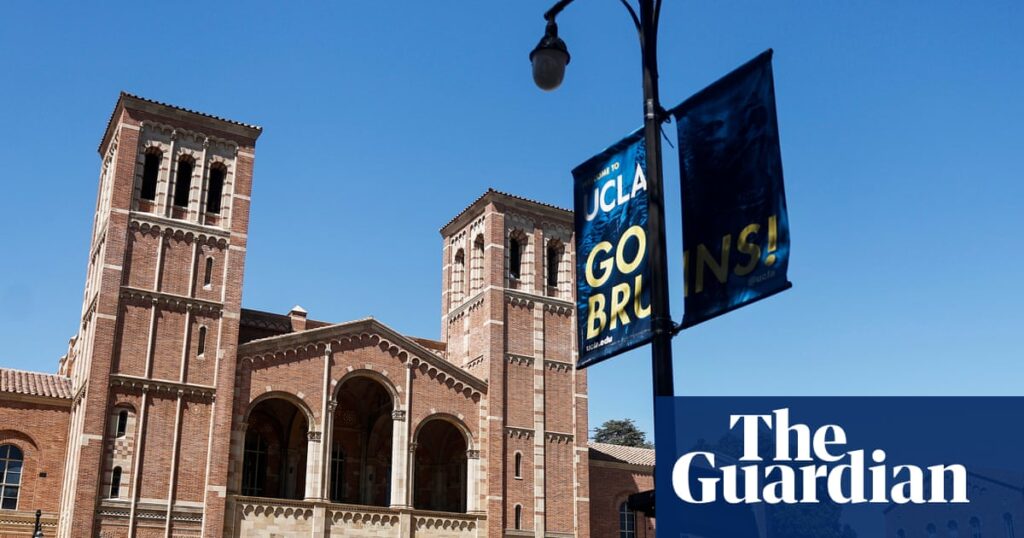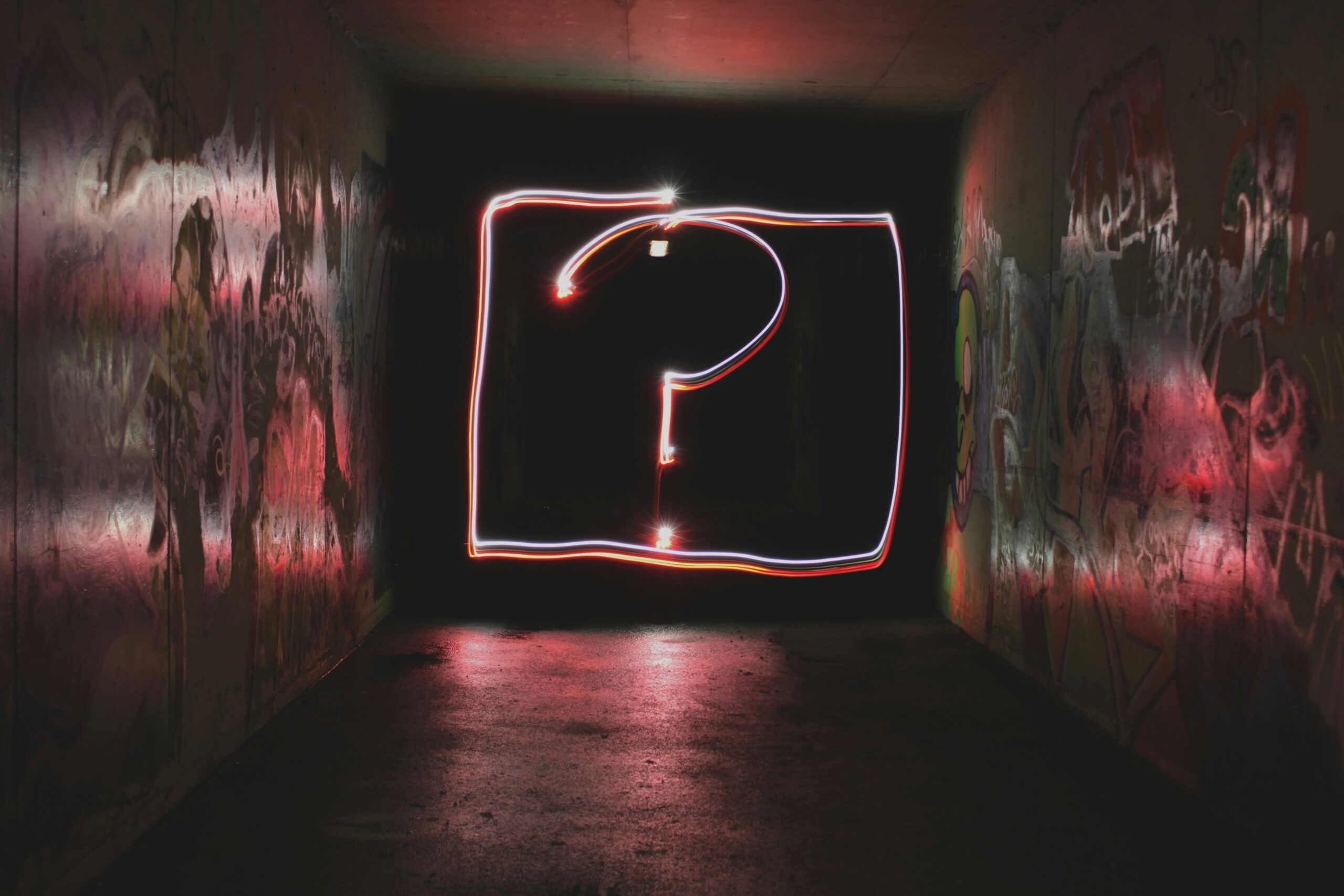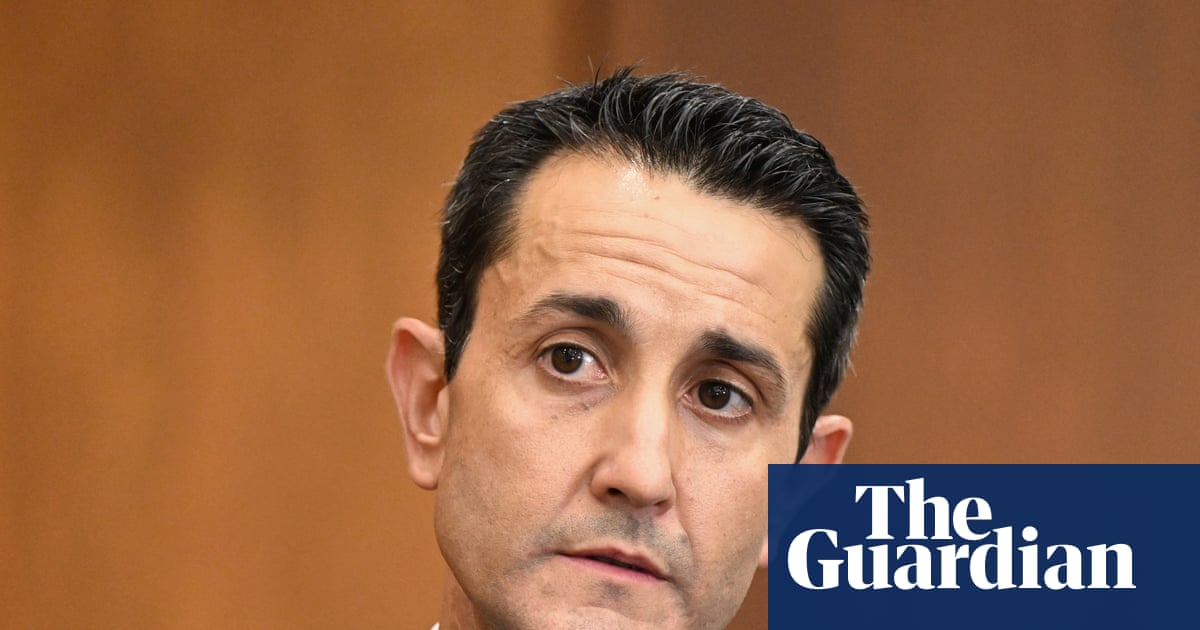
The Trump administration is demanding a $1 billion settlement from the University of California, Los Angeles (UCLA), following allegations of civil rights violations. A White House official, speaking on the condition of anonymity, confirmed the request on Friday. The administration has already suspended $584 million in federal research funding from agencies such as the National Science Foundation, National Institutes of Health, and the Department of Energy, according to UCLA Chancellor Julio Frenk.
The suspension and demand for settlement come in the wake of an investigation by the Department of Justice’s civil rights division. The investigation concluded that UCLA’s handling of a protest encampment on its campus in spring 2024 was “deliberately indifferent to a hostile environment for Jewish and Israeli students,” violating federal anti-discrimination laws. U.S. Attorney General Pam Bondi stated,
“This disgusting breach of civil rights against students will not stand: DOJ will force UCLA to pay a heavy price for putting Jewish Americans at risk and continue our ongoing investigations into other campuses in the UC system.”
Background and Context
This is the first instance where a public university’s federal grants have been targeted by the Trump administration over civil rights allegations related to antisemitism and affirmative action. The administration has previously frozen or paused federal funding for private colleges under similar allegations. The new University of California President, James B. Milliken, confirmed the receipt of the Justice Department’s notice and expressed concern over the potential impact of the settlement.
Milliken emphasized the importance of the university’s research mission, stating,
“As a public university, we are stewards of taxpayer resources and a payment of this scale would completely devastate our country’s greatest public university system as well as inflict great harm on our students and all Californians.”
He further highlighted the critical contributions of UCLA and the UC system to national security, economic growth, and medical advancements.
Reactions and Implications
California Governor Gavin Newsom has expressed strong opposition to the administration’s demands, attributing the proposal directly to President Trump. During a news conference in Sacramento, Newsom stated,
“He has threatened us through extortion with a billion-dollar fine unless we do his bidding. We will not be complicit in this kind of attack on academic freedom on this extraordinary public institution.”
Newsom’s comments were echoed by California Senator Scott Wiener, who criticized the administration’s actions on social media.
“In another mob boss fascist move, Trump is now trying to extort UCLA for $1B, force it to adopt his racist, transphobic, xenophobic policies & accept a monitor to control the university. Hard no. UCLA is a California public university subject to California law & built on California values. The answer is no.”
Historical Parallels and Future Outlook
The situation at UCLA is reminiscent of previous conflicts between federal authorities and educational institutions over civil rights issues. Similar disputes have arisen in the past, often involving complex negotiations and settlements. The Trump administration’s aggressive stance on civil rights enforcement in educational settings has been a hallmark of its policy, drawing both criticism and support from various quarters.
As the University of California system navigates this challenge, it faces the potential for significant financial and reputational impacts. The outcome of this dispute could set a precedent for how public universities handle federal allegations of civil rights violations in the future. Meanwhile, UCLA’s commitment to campus safety and inclusivity remains a focal point, as the university continues to implement recommendations from previous settlements and strives to maintain its standing as a leading public research institution.
The next steps in this unfolding situation will likely involve legal negotiations and potential court proceedings, as both UCLA and the Trump administration work to resolve the conflict. The broader implications for federal funding policies and university governance will be closely watched by educational institutions across the country.







